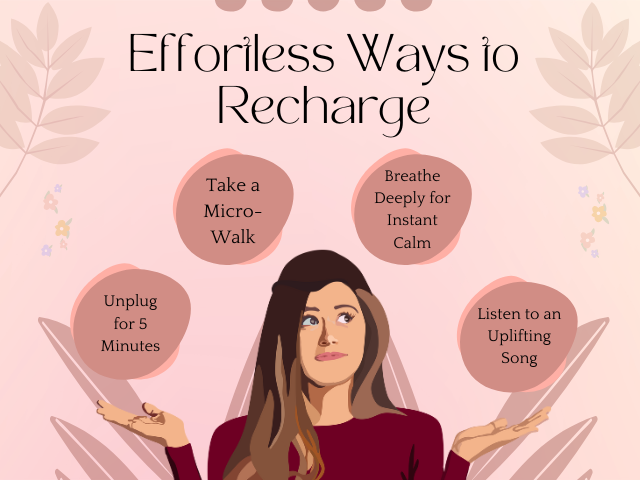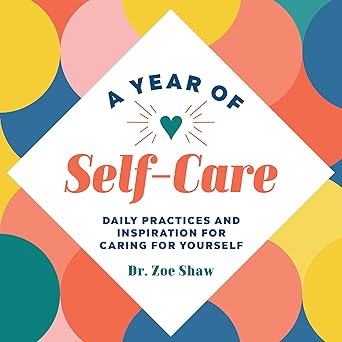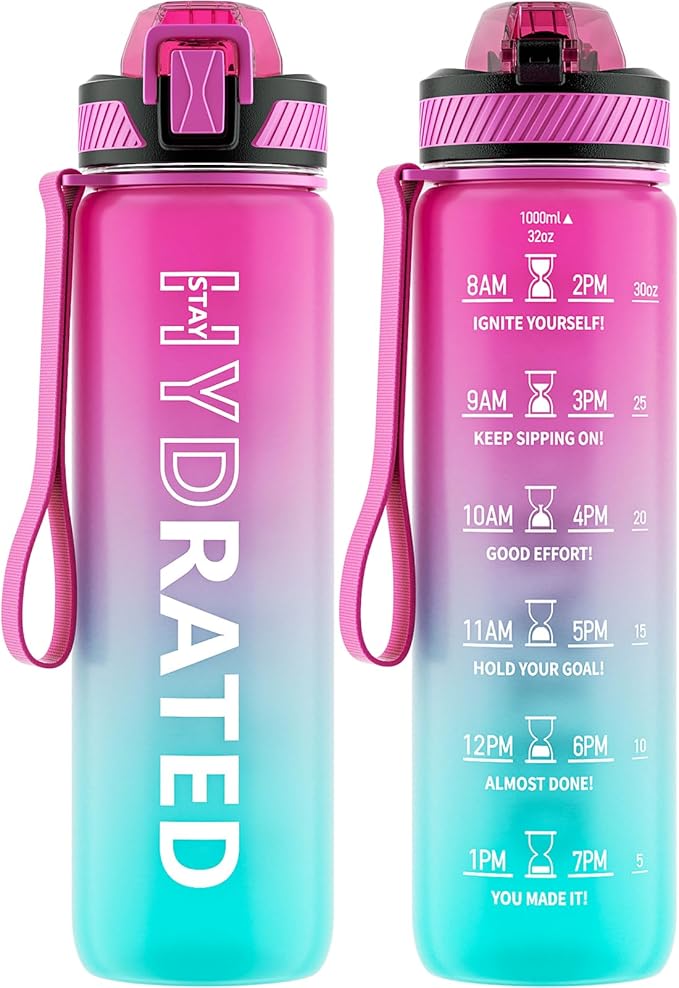
Self-Care in 5 Minutes or Less: 11 Effortless Ways to Recharge
11 Effortless Ways to Recharge
Life moves fast—between work, family, and endless to-do lists, self-care often falls to the bottom of your priorities.
But what if you could recharge without spending extra time, money, or effort?
The truth is, self-care isn’t about hour-long spa sessions or elaborate routines. It’s the small, intentional moments that keep you grounded. The best part?
These habits take under 5 minutes, require no special tools, and can be done anywhere—at your desk, in traffic, or even mid-chaos at home.
In this guide, you’ll discover 11 quick self-care practices backed by science and designed for real, busy lives. Let’s dive in!
Why Quick Self-Care Matters
Before we jump into the tips, let’s bust a myth: Self-care isn’t selfish—it’s survival. Research shows that micro-moments of mindfulness:
Lower cortisol (the stress hormone) (Harvard Health, 2021)
Improve focus and productivity (Journal of Occupational Health Psychology)
Boost emotional resilience (Mayo Clinic)
You don’t need a perfect routine—just consistent, tiny acts that add up. Think of these practices like “mental snacks” to fuel your day.
11 Quick Self-Care Practices for Nonstop Days
1. Breathe Deeply for Instant Calm
How: Inhale for 4 counts, hold for 2, and exhale for 6. Repeat 3x.
Why It Works: Deep breathing activates the parasympathetic nervous system, signaling your body to relax (NIH study)
When to Do It:
Before a meeting
After a stressful email
While waiting in line
2. Stretch for 60 Seconds
Try These Quick Moves:
Neck Rolls: Gently tilt your head side to side (5x each).
Shoulder Shrugs: Lift shoulders to ears, then release.
Standing Forward Bend: Reach for your toes (keep knees soft).
Where: At your desk, in the kitchen, or even in an elevator.
3. Sip Water Mindfully
How: Pause and drink slowly—no multitasking.
Bonus: Add lemon, cucumber, or mint for a health and sensory boost.
Science Says: Dehydration worsens fatigue and mood swings (Nutrition Reviews).
4. Take a Micro-Walk
How: Walk for just 2-3 minutes—around your office, backyard, or even your living room.
Why It Helps: Movement increases blood flow to the brain, sharpening focus (British Journal of Sports Medicine).
5. Practice Gratitude on the Go
How: Mentally list 3 things you’re grateful for.
Examples:
The sun shining
A coworker’s help
Your favorite song playing
Tip: Do this while brushing your teeth or waiting for coffee to brew.
6. Laugh for Stress Relief
Quick Ideas:
- Watch a 30-second funny clip
Recall a hilarious memory
Text a friend who always makes you laugh
Science Bonus: Laughter reduces cortisol and releases endorphins (Mayo Clinic).
7. Close Your Eyes & Reset
How: Shut your eyes for 30 seconds and focus on your breath.
Perfect For:
After a Zoom call
Post-lunch slump
Before starting a new task
8. Listen to an Uplifting Song
Create a “Mood Boost” Playlist with songs that:
Energize you (e.g., “Happy” by Pharrell)
- Calm you (e.g., acoustic covers)
- Where: Headphones at work, car speakers, or while cooking.
9. Declutter One Small Space
Tiny Wins:
Wipe your phone screen
Organize your desk drawer
Delete 5 old emails
- Why It Works: Clutter increases anxiety (Princeton Neuroscience Institute).
10. Repeat a Positive Affirmation
Examples:
“I am enough.”
“I handle challenges with calm.”
“This is temporary.”
Say It: While washing hands, stopped at a red light, or before a presentation.
11. Unplug for 5 Minutes
Try:
A phone-free coffee break
Silence notifications while prepping dinner
Stare out a window (no scrolling!)
Research: Digital detoxes reduce mental fatigue (Journal of Social Psychology).
How to Make Quick Self-Care a Habit
Consistency > Less Stress. Here’s how to stick with it:
Pair It with a Habit:
Breathe deeply after sending an email or making a phone call
Stretch while waiting for the microwave.
Set Reminders: Use phone alarms labeled “Pause & Breathe” or “Hydrate Now.”
Track Tiny Wins: Note how you feel after each practice in a notes app or journal.
Final Thought: Small Steps, Big Impact
Self-care isn’t about adding more to your plate—it’s about working smarter with the time you have. Even 30 seconds of mindfulness can reset your mood and energy.
Your Challenge: Pick one practice from this list and try it today. Notice the shift.
Then, add another. Over time, these micro-moments will become your secret weapon for thriving in chaos.
Which tip will you try first? Share with a busy friend who needs this! 💛
Sources:
Deep Breathing & Stress Reduction
National Institutes of Health. (2021). Stress and your health. U.S. Department of Health and Human Services. https://www.nih.gov/
Exercise and Cognitive Function
British Journal of Sports Medicine. (2018). The effects of physical activity on brain structure and function. DOI: 10.1136/bjsports-2017-098303
Dehydration and Mood
Popkin, B. M., et al. (2010). Water, hydration, and health. Nutrition Reviews, 68(8), 439–458. DOI: 10.1111/j.1753-4887.2010.00304.x
Clutter and Anxiety
McMains, S., & Kastner, S. (2011). Interactions of top-down and bottom-up mechanisms in human visual cortex. Princeton Neuroscience Institute. DOI: 10.1073/pnas.1014123108
Laughter and Stress Hormones
Mayo Clinic. (2023). Stress relief from laughter? It’s no joke. https://www.mayoclinic.org/
Digital Detox Benefits
Journal of Social Psychology. (2019). The impact of smartphone use on mental fatigue. DOI: 10.1080/00224545.2019.1609409
General Health Sources
Harvard Health on Mindfulness
Harvard Medical School. (2021). Mindfulness meditation may ease anxiety and mental stress. https://www.health.harvard.edu/
Mayo Clinic on Gratitude
Mayo Clinic. (2022). Can expressing gratitude improve your mental health? https://www.mayoclinic.org/


